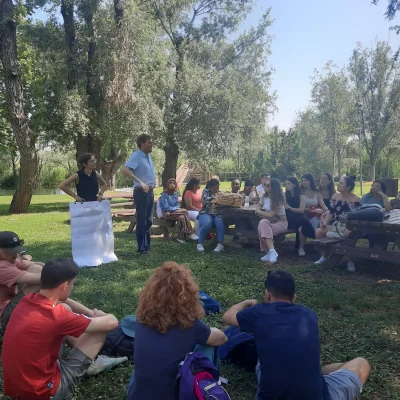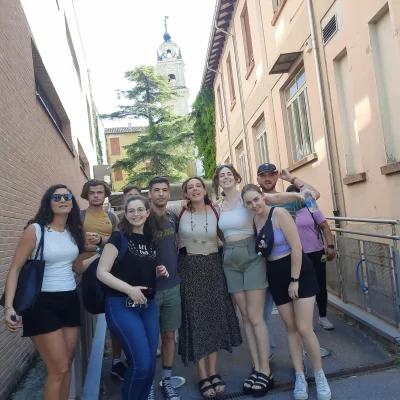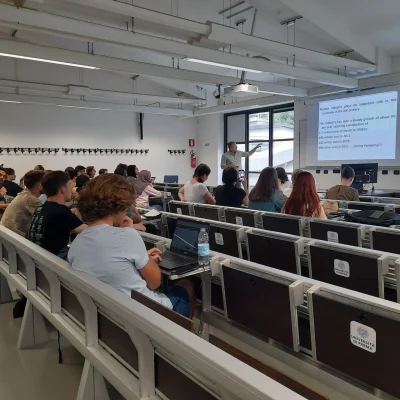Title of the BIP Food Sustainability | ||
Hosting University Wroclaw University of Environmental and Life Sciences (POLAND) | Virtual Period start: 20th June 2024 | Virtual Period end: 15th July 2024 |
In-presence Period start: 8th July 2024 | In-presence Period end: 12th July 2024 | |
Language of teaching: English B1 | ||
ECTS credits: 6 | ||
Number of participants: 40 | ||
Study level required: A Master’s (Bachelor’s fourth year students from Spain and Romania are accepted) or PhD level degree | ||
Selection criteria: BA (first cycle), MA (second cycle), PhD, Post-Doc, young researchers, adult learners, professional of the field | Contacts: Prof. Tullia Tedeschi (University of Parma) | |
Programme description
The world population has reached the mind-boggling number of 8 billion people. Food production is running into an increasing demand for quantity and quality, but agro-livestock activity and the processing industry have a heavy impact on the environment and on Earth’s health.
With this BIP we aim at making students conscious of the problems that must be tackled from different perspectives: environment, food production, management, and law. The program will be divided into four sections: the ecological, the food, the management, and the law modules. The ecological module supports students in understanding how to produce an inventory of pressures at the watershed scale, organized in a database and connected to a GIS, how to calculate soil system budgets and water pollution risk through real case studies and field trips and how to contrast such risk with nature-based solutions.
The food module addresses the topics of sustainable food production integrating solutions for wastes recovery, efficiency and sustainability of food production, food safety and food security, while also considering the environmental impact. Key issues of the management module will be the concept of transition in terms of potential contribution of innovative policies, localized production and distribution approaches, novel technologies and foods, and alternative consumption scenarios. The law module aims at familiarizing participants with the holistic approach the European Union (EU) is undertaking towards food sustainability and novel foods regulation.


